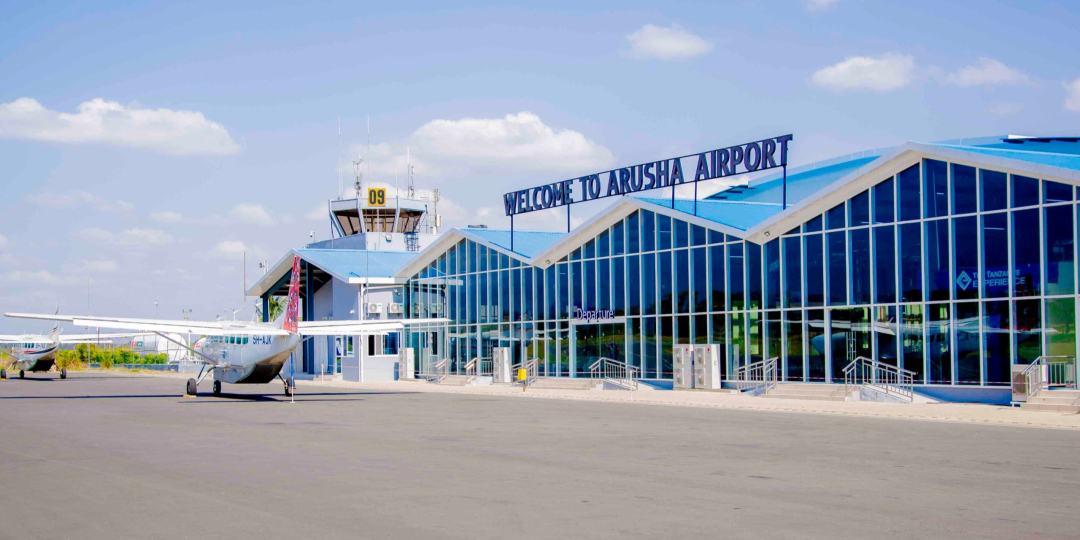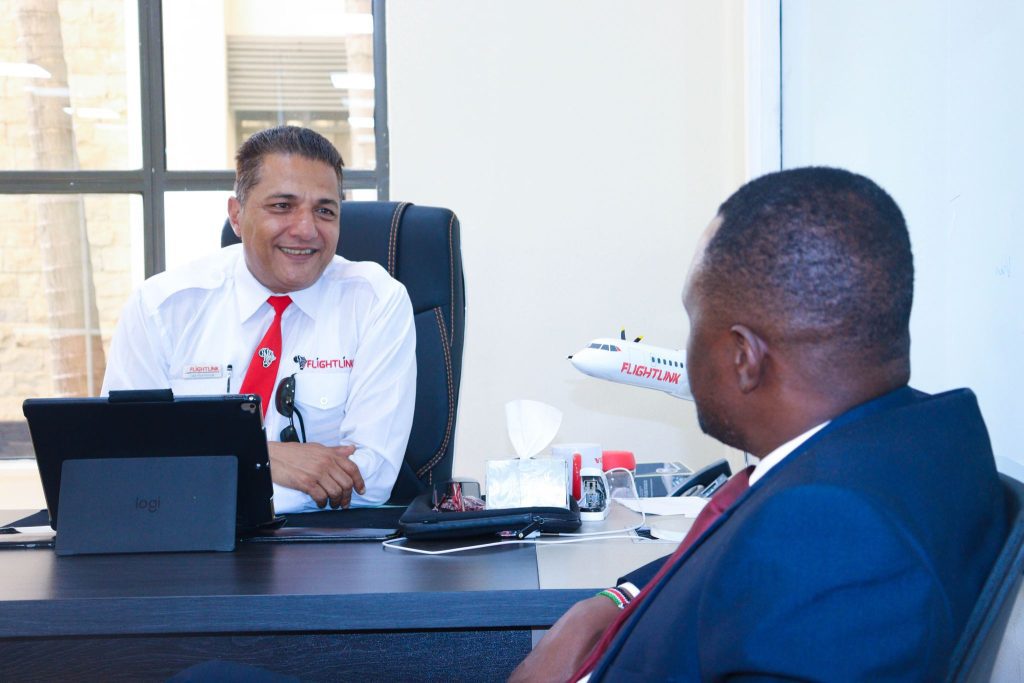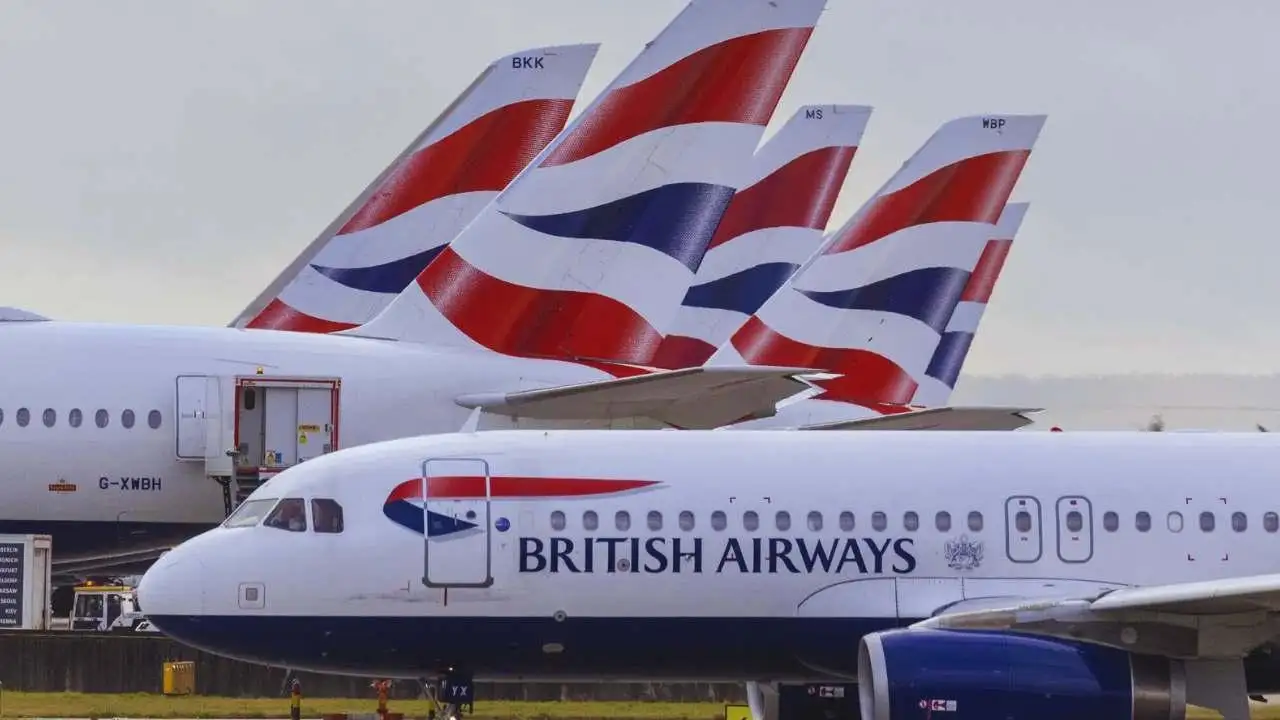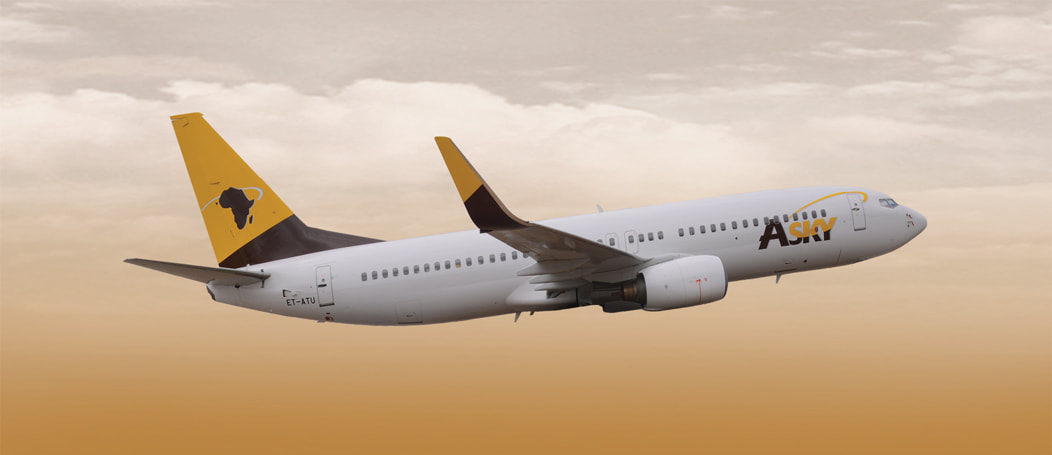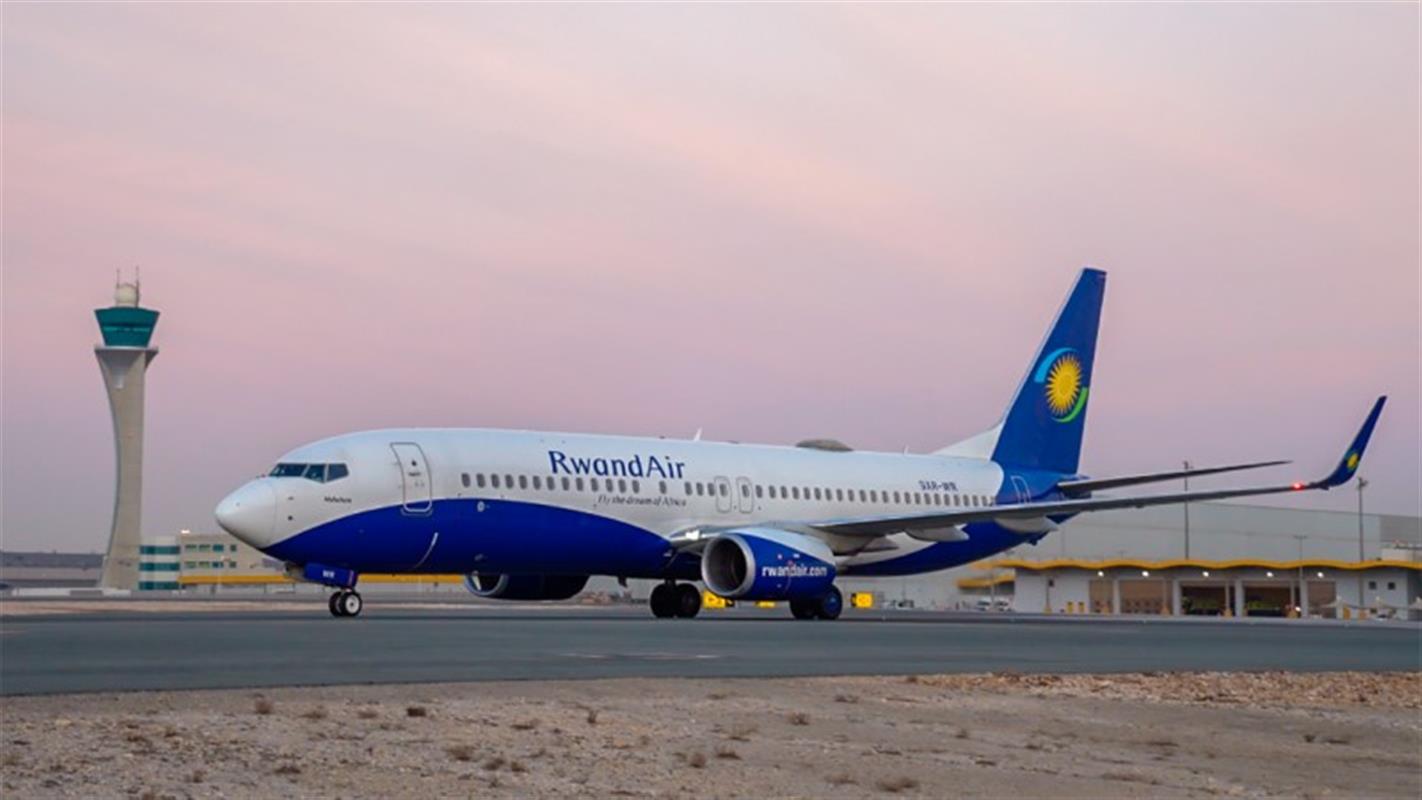As Kenya’s tourism industry continues its post-pandemic rebound, boosted by a 15% increase in international arrivals and policy reforms, including visa liberalization, the 2025 KATA AGM & Convention convened in Mombasa to chart a unified path forward. Held at the PrideInn Paradise Beach Resort, the three-day conference gathered regional travel agents, policymakers, and aviation giants under the unifying theme “Going Further, together.” The Event convened over 350 attendees, charting a coordinated strategy to propel Kenya’s tourism and travel industry into a sustainable future.
The 2025 Convention launched with a commanding start- a high-impact Masterclass on Selling Cruise Travel, led by industry visionaries Irshaad Yasseen of Whitestar Cruise and Travel and Ruhan Shah of Holiday Bazaar. Far from a routine breakout session, this experience served as a strategic ignition point, pulling back the curtain on one of travel’s most untapped frontiers.



With cruise travel rapidly gaining traction among African travelers, delegates were immersed in the art and science of selling maritime experiences, from segment profiling and itinerary customization to demystifying the complexities of cruise pricing, product packaging, and customer education. By the end of the session, travel sellers left not only better equipped but genuinely inspired to champion cruise products as a new revenue stream.
Policy & Government Collaboration: Laying the Foundations of Regional Growth
Friday’s plenary took a definitive stance: sustainable travel growth cannot happen in silos. Dr. Joseph Kithitu (KATA Chairman), Nicanor Sabula (CEO, KATA), Patrick Kamanga (KATA Coast Chair), and Julius Thairu (Kenya Airways) opened with a resounding message—partnership is policy, and policy must be co-authored by both sectors.


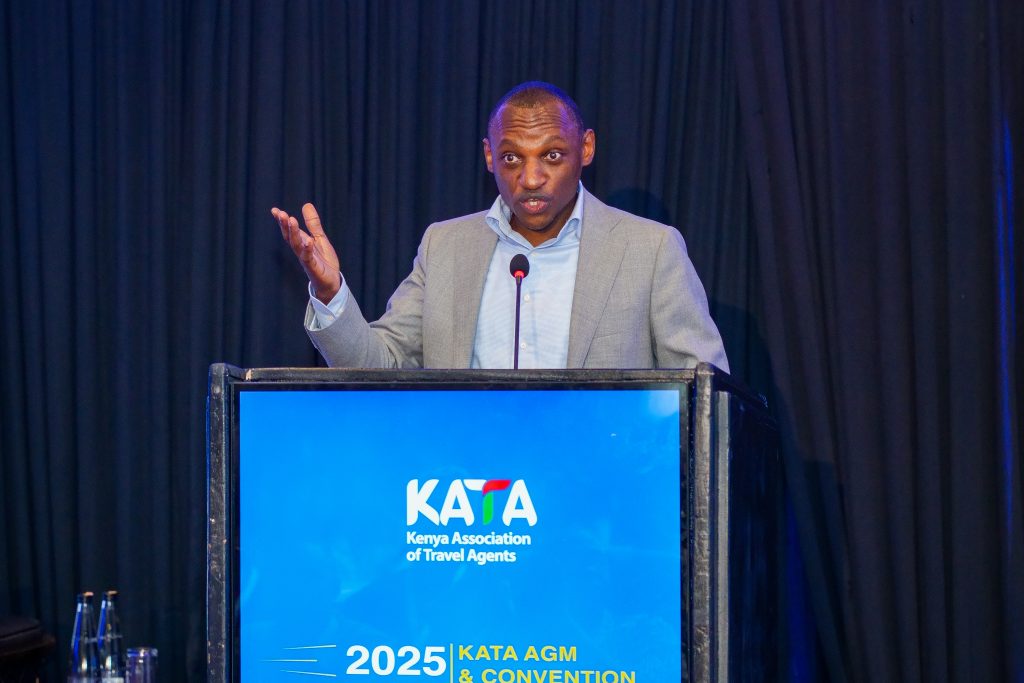

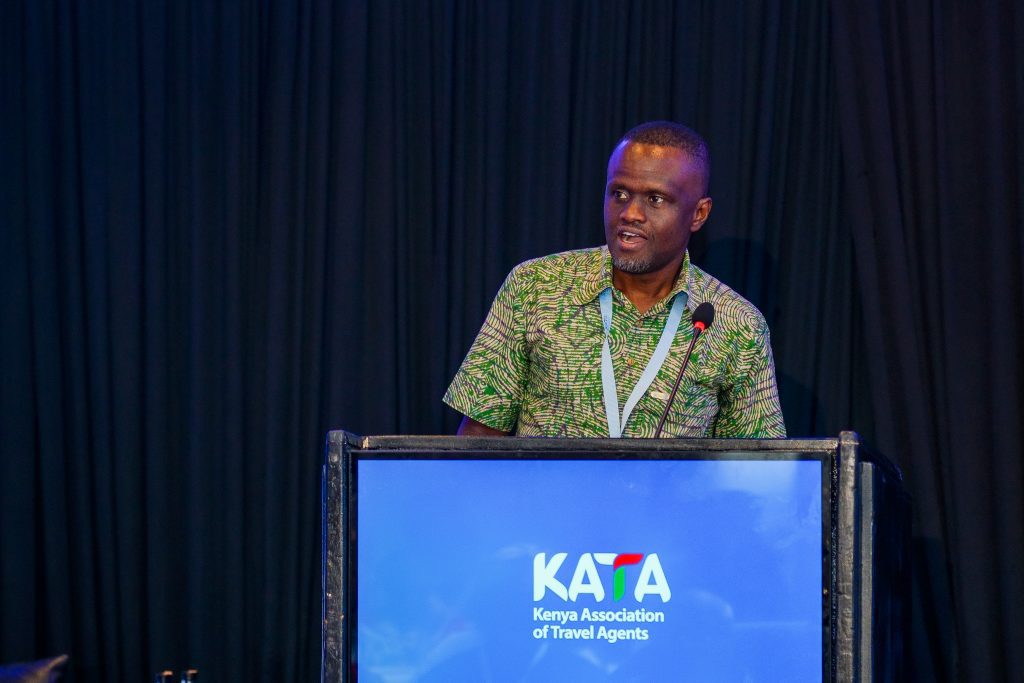




Delivering the keynote address, Sunil Kumar, President of the Universal Federation of Travel Agents’ Associations (UFTAA), urged local players to step onto the global advocacy stage. He advised travel agents to mobilize as a region, not just as a market.
The day’s heavyweight policy panel brought together four key institutions: Francis Gichaba (Kenya Tourism Board), Norbert Talam (Tourism Regulatory Authority), Mark Rachuonyo (Kenya Utalii College), and David Gitonga (Tourism Research Institute). Discussions spanned regulatory streamlining, talent pipeline investments, research-backed marketing, and institutional collaboration. It became clear that Kenya’s sectoral momentum would be measured not just by arrivals, but by alignment.


Saturday morning picked up that baton, with Hon. Teresia Mbaika, Principal Secretary for Aviation & Aerospace, unveiling infrastructural reforms and government-led modernization plans. She was followed by H.E. Mário Constantino, Angola’s Ambassador to Kenya, whose remarks reframed trade diplomacy as a tool for air access and regional mobility.
Market Infrastructure: Retail, Aviation & Distribution
At the intersection of seamless travel and scalable business, this session stream tackled the infrastructure that powers industry momentum, from payment rails to airspace.
Mary Kangethe of Visa Kenya opened with an incisive perspective on how frictionless payment systems are no longer a luxury but a necessity. In an age of digital-first travelers, she underscored the importance of aligning financial technology with consumer expectations, particularly in bookings, cancellations, and cross-border spending. Her case study on Visa’s regional integration efforts highlighted how fintech is quietly becoming the connective tissue between travel and trust.


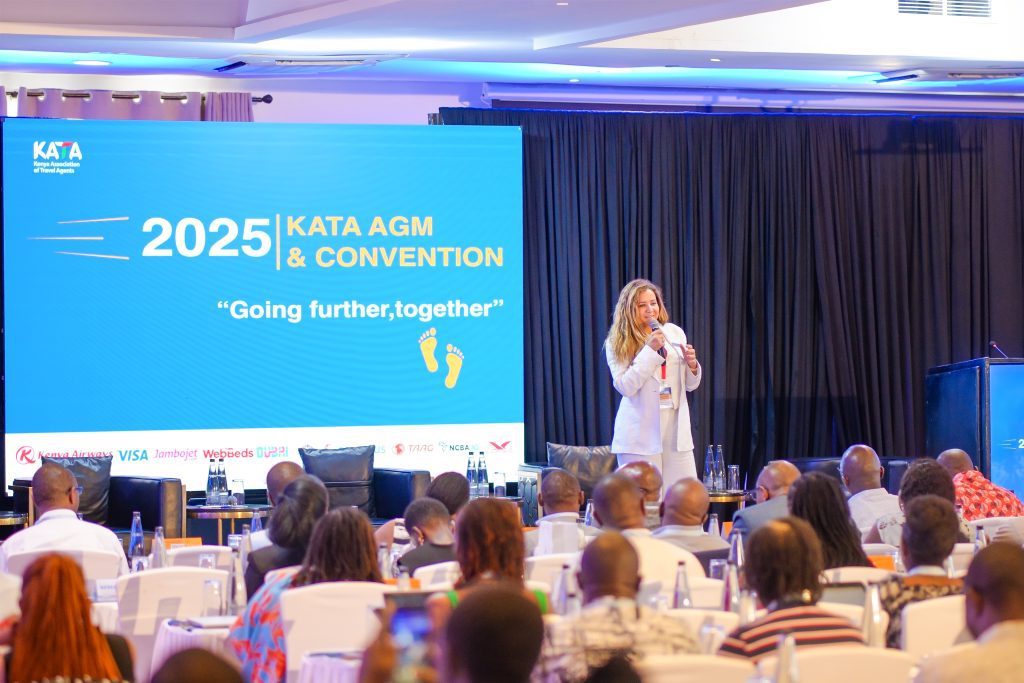
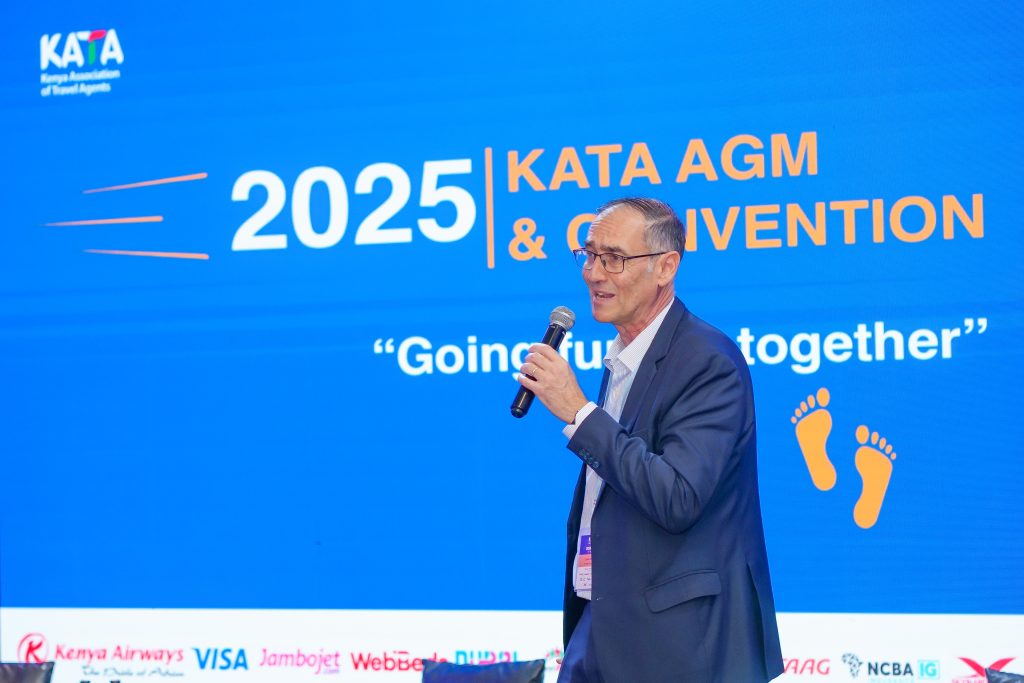
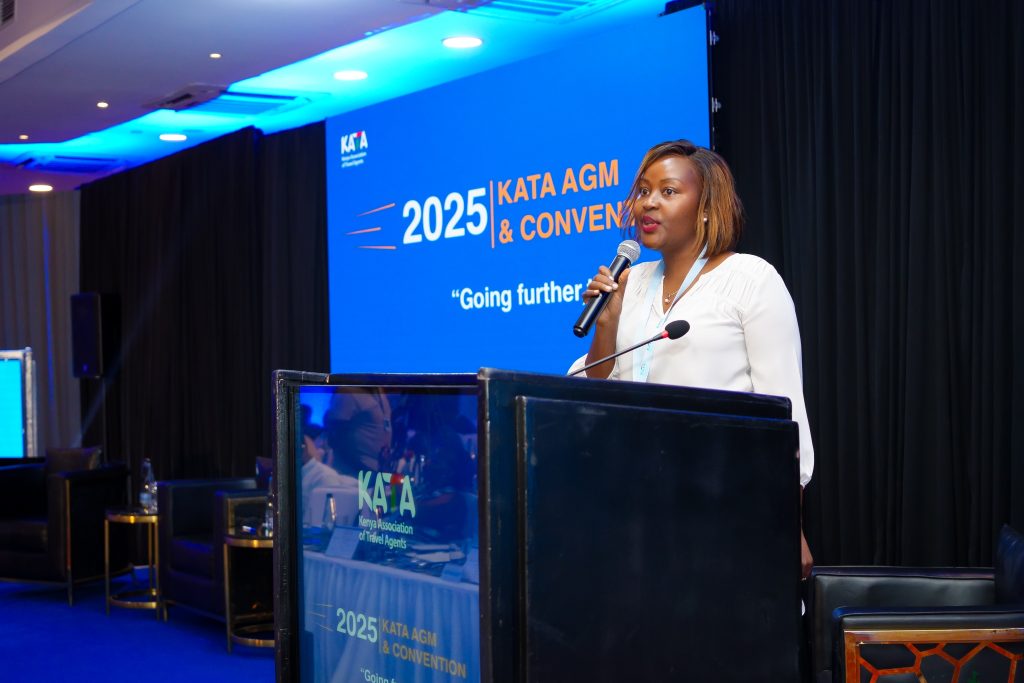
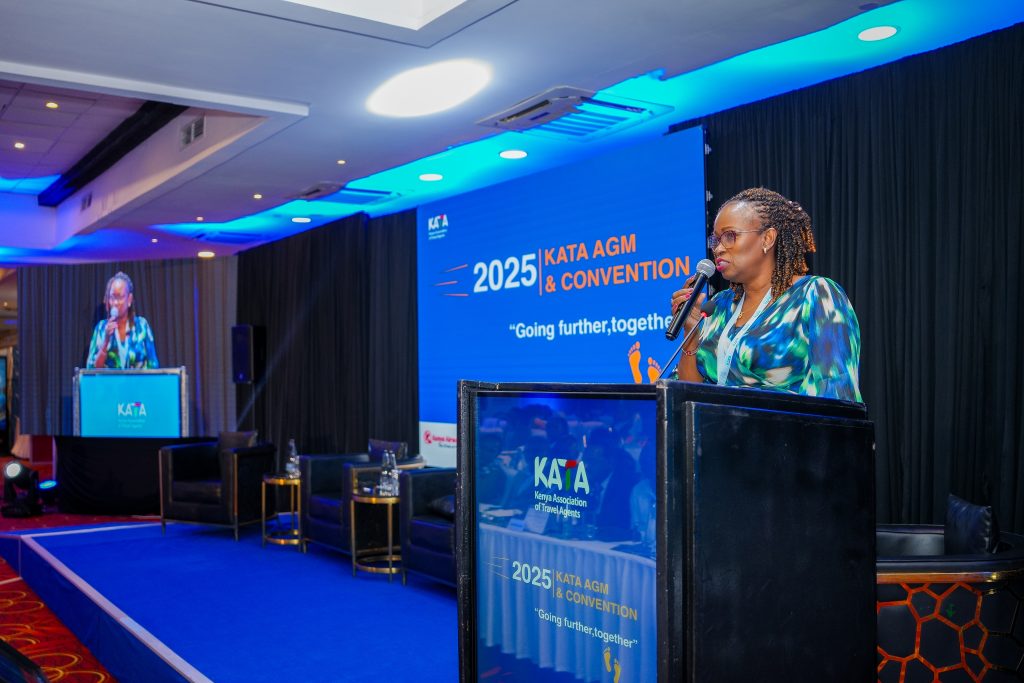
From there, the stage shifted to partner showcases that unraveled the complex web of travel distribution. Louis Arnaud of Amadeus East Africa explored retail transformation through smart content and API-based ecosystems, emphasizing how travel agents must adapt to a modular, omnichannel future. Nadaa Ghozzi of WebBeds offered insights into B2B accommodation aggregation, calling attention to how digital wholesalers are bridging price, availability, and regional reach. George Mawadri, TAAG Angola Airlines’ Regional Sales Director, weighed in on network strategy, product packaging, and destination differentiation, particularly Angola’s re-emergence as a multi-sector tourism player.
The Airlines Round Table, masterfully moderated by Maureen Kahonge of AFRAA, brought together four operational leaders navigating the region’s post-pandemic airscape. Julius Thairu (Kenya Airways), Diana Nyambura (Skyward Airlines), Karanja Ndegwa (Jambojet), and Betty Ingabire (RwandAir) offered honest reflections on regulatory strain, infrastructure deficits, fleet modernization, and load factor economics. The tone was collegial yet candid, with panelists collectively calling for policy streamlining, fairer levies, and competitive open skies frameworks to spur growth and sustainability.
Agent Power & Regional Identity: The Core of Collaborative Travel
Few sessions captured the heartbeat of pan-African travel collaboration like the Travel Agents Round Table. Convened under the stewardship of Hamisi Hassan (Vice Chairman, KATA), the discussion brought together formidable trade leaders: Folami Yinka (President, NANTA – Nigeria), Hamida Malik (Chairperson, TAAZ – Zambia), Pearl Hoareau (Vice Chair, TUGATA – Uganda), and Dr. Joseph Kithitu (Chairman, KATA – Kenya).




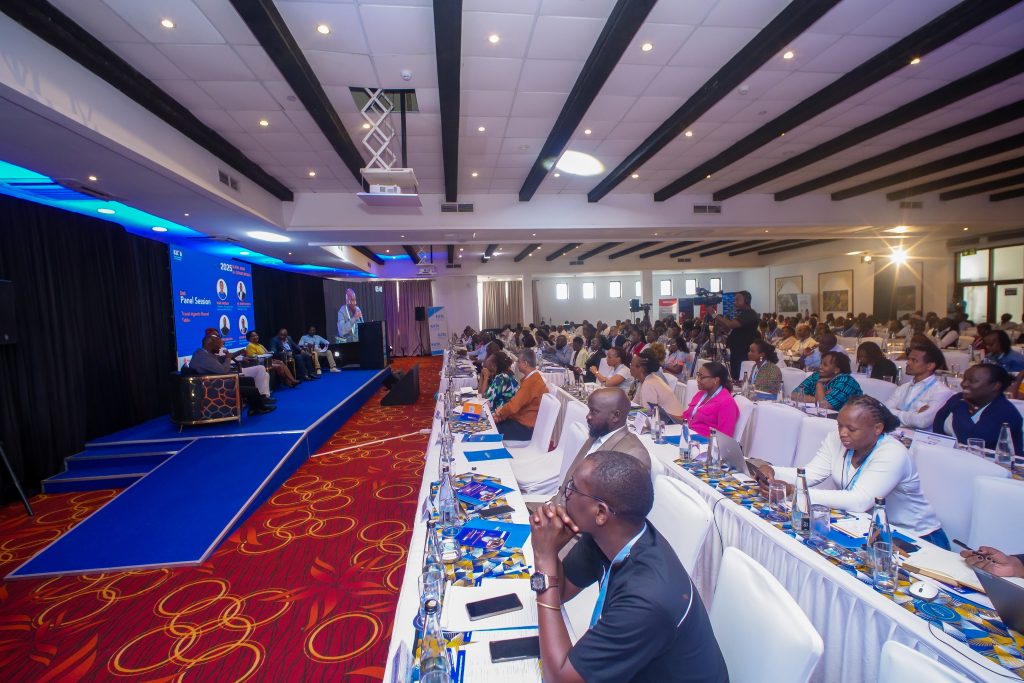

Framed by a rapidly shifting travel landscape, where global distribution systems evolve, digital customer engagement intensifies, and booking behaviors diversify, this session explored how national associations can move from passive participation to active co-creation of regional travel policy and opportunity pipelines. From cross-border training programs to unified advocacy on airline incentives and taxation structures, the dialogue emphasized that travel agents are not just intermediaries; they are architects of regional economic development.
Capping this theme of collective resilience was a bold departure from boardroom jargon: Olympic medalist Janeth Jepkosgei took the floor with a keynote unlike any other. Her talk, “What the Track Taught Me About Partnerships and Progress,” drew parallels between team relays and industry strategy, underscoring that a seamless baton pass, shared cadence, and trust in the next runner are what ultimately win races and markets.


This convergence of trade wisdom and athletic metaphor breathed fresh urgency into the Convention’s core message: no single market, agent, or nation can scale alone; collaboration is the continent’s competitive edge.
Tech Frontiers & Compliance: Reimagining Travel Through Innovation
As the travel landscape continues to digitize at pace, the convention’s final panel provided a fitting close: a sharp, future-forward session that examined how technology, regulation, and human capital must evolve in sync.
Moderated by Geoffrey Kobia (Managing Director, Greattimes Tours & Travel), the panel featured Ronald Okumu (AI Connect Ltd), Mutua Mutuku (Data Privacy and Governance Society of Kenya), and Wycliffe Ndege (Mugweru & Ndege Advocates). Together, they tackled emerging tensions between personalization and privacy, automation and employment, innovation and legislation. With travel agencies increasingly adopting AI tools for dynamic pricing, itinerary planning, and client engagement, the need for clear ethical boundaries and legal frameworks came into sharp focus.


Ronald Okumu spoke to the rise of generative AI in customer service and travel design, while flagging the importance of algorithmic transparency. Mutua Mutuku brought a regulatory lens, urging agents and tour operators to build data-responsible cultures in compliance with Kenya’s data protection laws. Wycliffe Ndege added the legal perspective, highlighting where contract law, consumer protection, and employment policy will need to adapt as digitalization reshapes operational norms.
Crucially, the discussion did not isolate technology from people. Instead, it emphasized that training, trust-building, and transparent systems are foundational if travel is to remain human-centered in a tech-led era.
Leadership Continuity & Cultural Closure: A Fitting Finale
Beyond strategy and sessions, the Convention culminated in both governance renewal and an unforgettable celebration. At the Annual General Meeting (AGM), KATA members unanimously re-elected the entire board for another two-year term, a show of unity that reaffirmed confidence in the Association’s leadership and strategic path. The Board pledged to build on progress made, with renewed focus on industry advocacy, capacity building, and member growth in the years ahead.
A Celebration of Culture, Cuisine & Coastal Magic
Closing the Convention with flair and festivity, delegates were treated to two signature dinners that transcended hospitality; they told a story.
On Friday, the “Back to the Roots” Gala Dinner, co-hosted with Kenya Tourism Board, transported guests into an immersive cultural showcase celebrating Kenya’s heritage. Set under the stars at PrideInn Flamingo Beach Resort, the evening featured live music, traditional dances, and culinary storytelling. Coastal flavors reigned supreme, from spiced seafood to slow-roasted delicacies, crafted as a tribute to the region’s gastronomic legacy.
Saturday’s “Swahili Kanga Wear Dinner,” sponsored by the Tourism Promotion Fund and hosted at the PrideInn Paradise Expo Centre, guests were to dress in vibrant Swahili prints and indulge in a journey through East African cuisine and a dazzling firework display that lit up the Mombasa skyline. Food stalls and plated service offered tastes from all over the world, while curated entertainment included acrobatic troupes, music, and rhythmic drumming sessions that had delegates on their feet.
Both evenings were not just meals, they were experiential expressions of identity, unity, and joy, perfectly aligning with the Convention’s overarching theme: Going Further, Together.
The event drew strength from its sponsors: Kenya Airways as Platinum Sponsor, and TAAG Angola Airlines, Visa, Jambojet, Skyward Airlines, Amadeus, and WebBeds as Silver Sponsors. Exhibitors, including Sarova , Delta Airlines, Swift Response, Tbo.com, Triplycos, MIRA Heights ,S aphire Hotels, Telvoip, and Vipingo Development, activated interactive booths, making product knowledge a part of the delegate journey.


